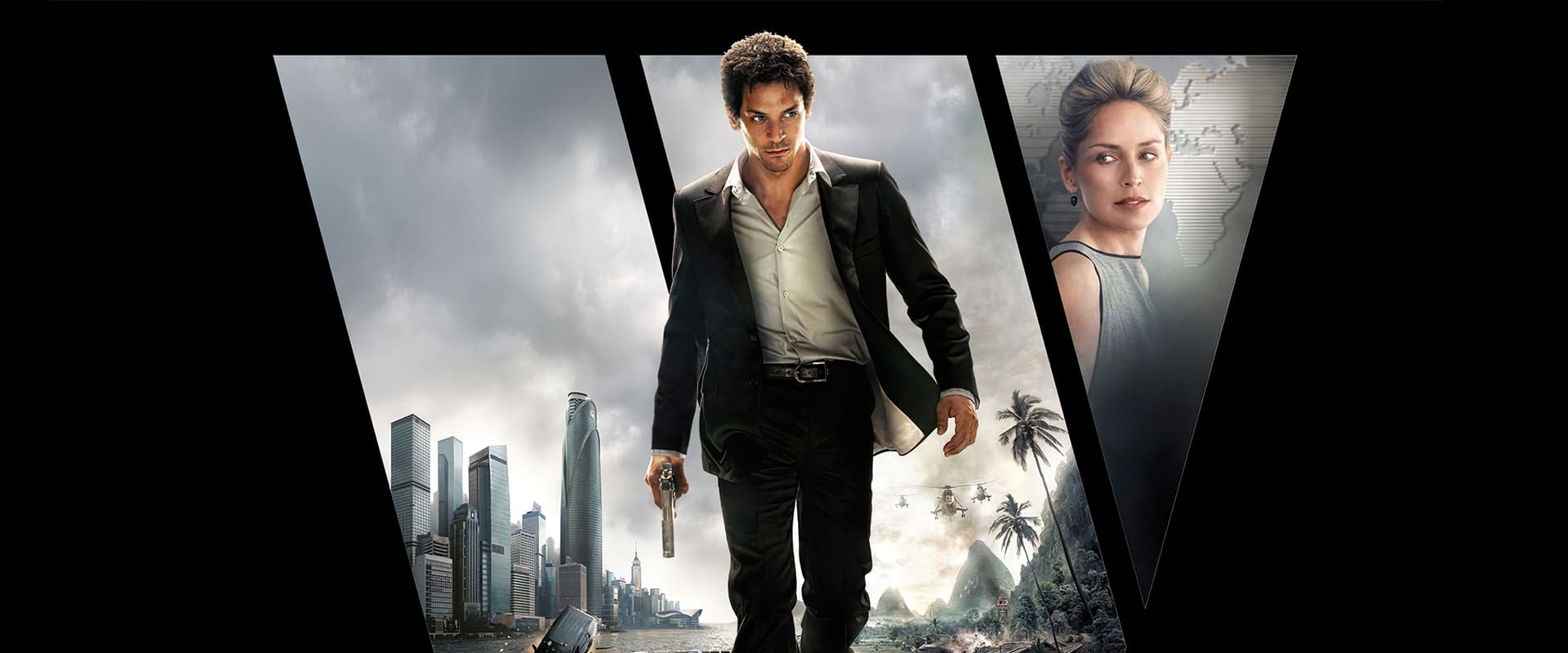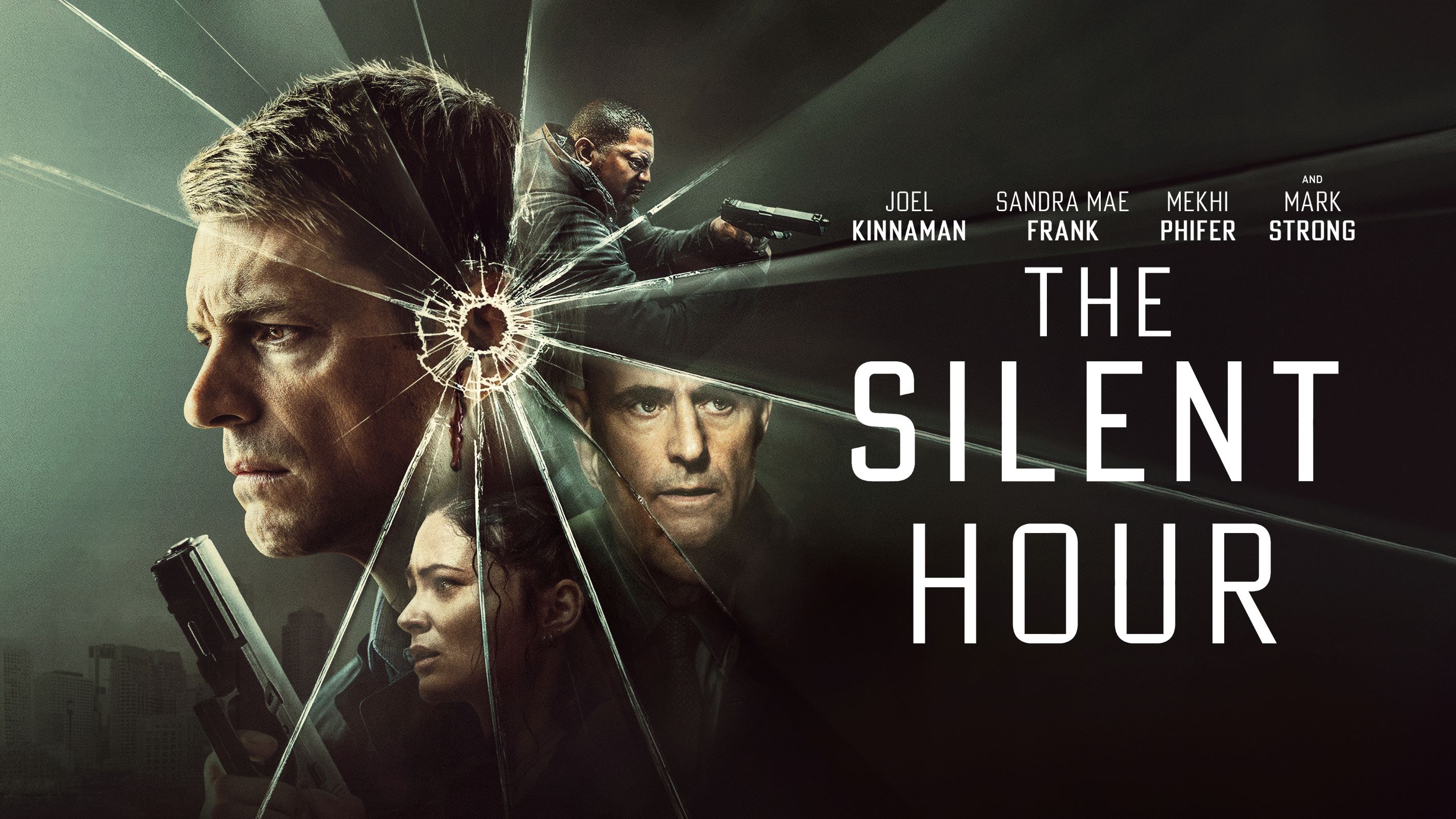There are sequels that grow out of their originals like wild, ungovernable vines, and ones that wither into dead appendages, waving forlornly at the memory of what once, however mediocrely, worked. Largo Winch 2—or, if the European flavor tempts you, The Burma Conspiracy—manages neither flourish nor rot with grace: it just sits there, inert, a cardboard cutout of a “thriller” flapping in the breeze. If the original Largo Winch was no undiscovered classic, it still had the nervous charm of a scrappy upstart—a corporate action-drama that lived (barely) by the slyness of its twists and hero’s uncertain soul. This sequel, though, lumbers on, encased in a leaden coffin of clichés, as if produced by a committee of MBAs who once watched a Bond movie by accident and only remembered the gadgets and the running.
It’s the kind of movie that makes you wonder if every scene was written by someone holding down the shift key with one elbow and shoveling Euro-cash with the other. In the first Largo Winch, there was, at least, the anticipation—small but persistent—that something engaging or surprising could bubble up. By contrast, within ten minutes here you’re counting down the cliché cards—mysterious father, secret account, humanitarian massacre, distant Asian ex-girlfriend—like the worst hand in a game you’d rather not play. If you thought the first film wore its corporate intrigue with earnestness, the second wraps itself in it like a leaking rain poncho. All the plot “twists” are so visible, so desperately telegraphed, that you feel almost embarrassed for everyone involved—did Jérôme Salle think we wouldn’t spot the villain, or see through the “shocking” betrayals long before the film itself lumbers to them?
Sisley, as Largo, does his gamely best to extract some oxygen from this vacuum-sealed set piece, but he’s been handed a script so wooden you could build a raft with it and float away to better films. The dynamic, gum-chewing larkiness of his original turn is gone—now he’s the kind of action hero who looks like he’s reading the subtitles along with us, hoping for a surprise. Sharon Stone, parachuted in either as an earnest brand investment or to remind us of other, better thrillers, spends the entire runtime grasping for a personality within lines so instantly forgettable they could have been generated by an algorithm set to “international coproduction.”
You want action? You get it—sort of. Gunfire, chases, explosions…all shot with the exuberant thinness of someone fearing to chip the marble countertops. The so-called “thrills” arrive with the excitement of a quarterly financial report. Every chase scene is staged as if someone’s carefully checking timecodes, cutting to the next “exotic” location just when you suspect a pulse might threaten to appear. The big “setpieces” might thrill a narcoleptic—though I suspect even they would at least dream of suspense.
If you’re searching for depth, good luck; you’ll find more in last season’s accounting spreadsheets. The plot is all shifting allegiances, conveniently-timed revelations, and borrowed, transparent moralizing. Salle, who managed a small flourish or two in the original, seems here to tick boxes—“twist,” “betrayal,” “chase”—without any interest in connecting us to the men or women doing the running. There’s no sense of stakes; every twist is softer than a marshmallow in the sun.
And yet, there’s a heartbreak lurking in the background here—not for what the film is, but for what it might have been. French cinema can be rambunctious, pulpy, fleet with wit, or even sincerely thrilling. Here, it’s only a master class in missing the mark. The Bond and Mission: Impossible franchises have their own follies and allures, but Largo Winch 2 plays like their post-lobotomy double—a collection of over-familiar tropes sputtering toward a conclusion so perfunctory, you half-hope someone gets lost on the way to the finale.
If you came for Sharon Stone, bring a good book; if you came for Tomer Sisley, his electric potential from Part 1 has been charred to a crisp. If you want adventure, style, or even a helping of that brainless escapism the genre is supposed to deliver, look elsewhere—there’s nothing here but a prolonged demonstration of how sequels can reduce a franchise to a punchline.
If the first Largo Winch was a hesitant, modestly clever pint, the second is a stale, flat shot of nothing at all—unless, of course, you’re planning a party themed on “most disappointing action sequels.” In that case, this one’s the guest of honor. You could amuse yourself cataloguing the missed opportunities, but don’t be surprised if, by the end, you wish you’d just watched the original again. Now that would be a twist.


